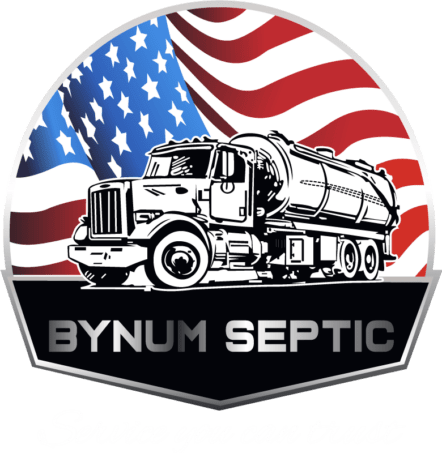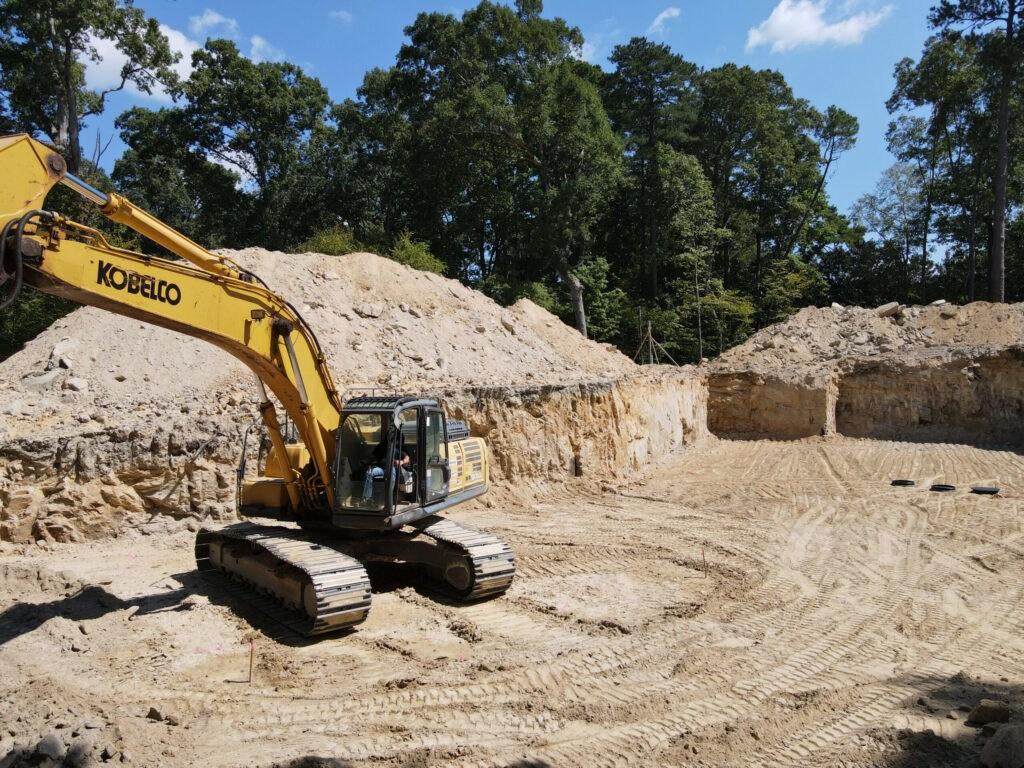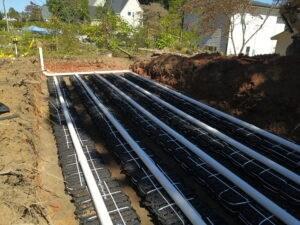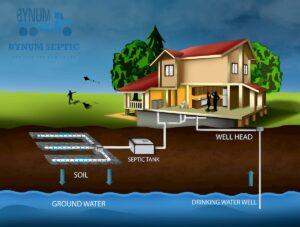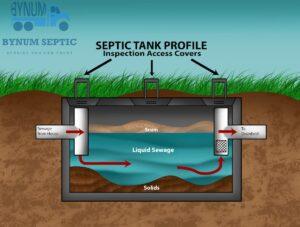Are you constructing a new home and need guidance on whether a septic tank or sewer line is the best choice for your property? We’re here to help! Check out our guide to find out the what, how long, and how often of installing and maintaining a septic or sewer system.
Septic Tanks
What is a septic tank?
A septic tank is a waste disposal system installed underground near your home. All waste from your home — toilets, sinks, showers, and laundry — drains into the septic tank. The collected waste is broken down by bacteria, with the heavier waste falling to the bottom of the tank while lighter waste like oil, grease, and fat moves to the top. Most of the waste inside a septic system is watery or “effluent.” This waste travels out of the septic tank and into a drain field, settling into the ground.
Pros of Septic Tank
- Tends to be the best solution for rural areas
- Allows you to be independent of the city waste system
- No monthly fees
- More environmentally friendly
Cons of Septic Tank
- Cost of annual inspections and septic tank pumping every three-five years
- Septic systems need replacement after 20-30 years
- Septic tanks require underground space for installation
- Have to be mindful of what you flush and how much water you use
How long does a septic tank last?
Septic tanks should last at least 25 years. With proper maintenance and cleaning, though, your septic tank may last up to 40 years. To get the longest lifespan out of your septic system, we always recommend scheduling annual inspections and septic tank pumping every three-five years.
How much maintenance does a septic tank need?
Like any part of your home, septic tanks need maintenance to function at their best and last a long time. We recommend these septic tank maintenance steps:
- Schedule septic tank pumping every three-five years.
- Schedule septic inspections every one-two years.
- Run only full loads of laundry to avoid wasting water and spread out your days for doing laundry.
- Be careful what you flush and put down the drain — no oils, grease, paper towels, feminine products, etc.
- Don’t plant anything with a deep root system, like trees or bushes, near your septic tank.

Sewer System
What is a sewer system?
While septic tanks are a private system that holds your home’s waste, a sewer system connects to the city sewer line through a main pipe connected to your home. The city connection then leads to a water treatment plant where the wastewater is treated and reused. Sewer systems are usually the best choice for homeowners that live near the city because they don’t have to worry about managing a private system.
Pros of Sewer System
- Local government usually covers most repair and maintenance costs
- Sewer components are built to last 60+ years
- More reliable and less prone to sudden failure or back-ups than a septic tank
Cons of Sewer System
- Most public sewer lines come with a monthly fee for use
- Uses more energy to pump waste to a public facility
- Installation is much more expensive
How long does a sewer system last?
The great thing about sewer systems is the lines are designed to last 60+ years. If you have a new home on a new sewer line, you may not have to worry about it within your lifetime. On the other hand, if you have an older home, replacing the sewer lines may become an expensive project. It’s always best to have your sewer line inspected before purchasing a home to make sure you’re in the best shape going forward.
How much maintenance does a sewer system need?
We recommend getting sewer line maintenance every two years. This clears any accumulated backup and prevents blocked or damaged pipes. Common sewer line problems include damage from tree roots or soil shifting and grease build-up. Staying ahead of potential issues by scheduling inspections helps prevent expensive sewer line repairs.
You can also help maintain your sewer line in several important ways:
- Limit what you put down the drain and garbage disposal — no oils, grease, paper towels, etc.
- Don’t plant trees or bushes near your sewer line.
- Watch out for slow draining, gurgling, or bubbling from drains and sulfur smells.
- Use high-volume flush to clear the pipes.
Need Help with Your Septic System?
When it comes to installing and maintaining your septic system, you need the best local septic company on your side to make sure everything goes down smoothly. At Bynum Septic, we have 25 years of experience providing top-rated septic services in Lilburn, Lawrenceville, and the surrounding areas. We’re ready to help you make the best choice when it comes to septic system installation, repair, and maintenance. Give us a call to learn more!

